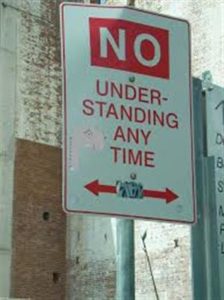
The Georgia Court of Appeals in Culpepper held that these very circumstances fall squarely within the rule announced by the United States Supreme Court in Simmons v. the United States, 390 U. S. 377, 394,88 SC 967, 19 LE2d 1247(1968) which was adopted by the Georgia Court of Appeals in Culpepper, supra and concurred with by the Georgia Supreme Court in Cowards v. State, 266 Ga. 191, 465 S.E.2d 677 (1996): “… in this case Garrett was obliged either to give up what he believed … to be a valid Fourth Amendment claim or, in legal effect, to waive his Fifth Amendment privilege against self-incrimination…In these circumstances, we find it intolerable that one constitutional right should have to be surrendered in order to assert another. We, therefore, hold that when a defendant testifies in support of a motion to suppress evidence on Fourth Amendment grounds, his testimony may not thereafter be admitted against him at trial on the issue of guilt unless he makes no objection.” [emphasis added]
-Author: George Creal

